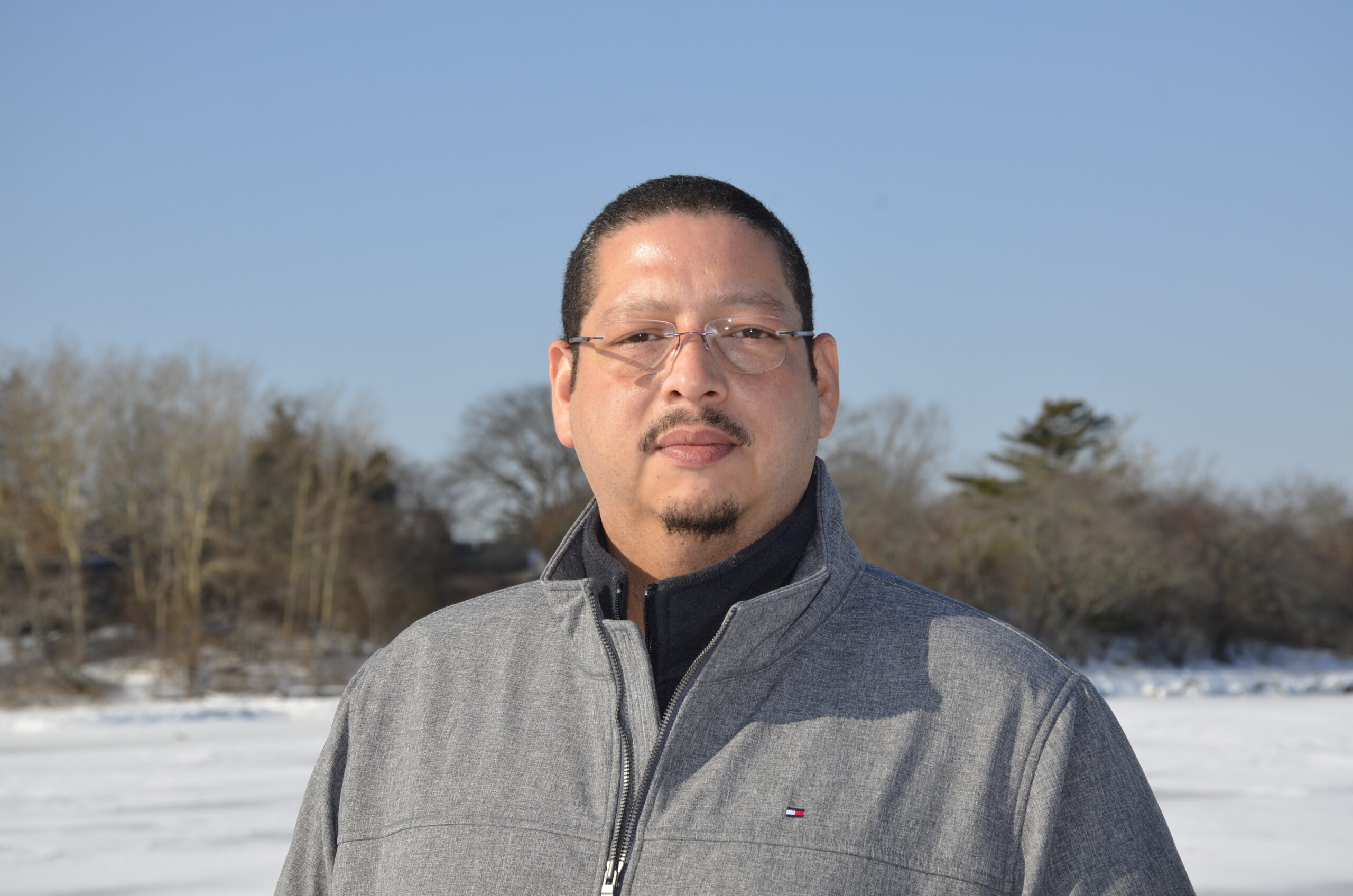
A federal appeals court has breathed new life into a $102 million lawsuit brought by three members of the Shinnecock Nation who say the State Department of Environmental Conservation and Suffolk County have prevented them from exercising their right to fish in what have traditionally been known as tribal waters.
A three-judge panel of the U.S. Court of Appeals for the 2nd Circuit, in a ruling dated August 25, said that a judge in federal District Court in Central Islip had erred in dismissing the case and sent it back down to the lower court to be partially reheard.
As part of its decision, the Appeals Court ruled that the three men, David Taobi Silva and his uncles, Gerrod Smith and Jonathan Smith, could continue their suit against the officials named in it, which includes DEC Commissioner Basil Seggos and two DEC officers, but not the DEC itself, because, the judges ruled, the lawsuit showed no evidence of racial discrimination on the DEC’s part.
Instead, the court ruled that Silva’s and the Smiths’ case can proceed because it alleges “an ongoing violation of federal law” by state and county officials and seeks to hold them accountable for violating their right to fish as established by colonial-era deeds.
Although the appeals panel dropped the DEC from the suit, Silva said on Tuesday that he viewed the decision as a favorable one.
He said the 2nd Circuit Appeals Court, which oversees parts of New York, Vermont and Connecticut, is not seen as one that is friendly to Native American interests. “I cannot recall a tribe or a tribal member winning in the 2nd Circuit in a long time,” he said. “Tribes don’t necessarily find the court to be hostile, but this was an abrupt 180.”
He added that for the court to allow the case to continue against the individuals named it typically means the judges have found “there is a federal interest to protect.”
He added that the judicial panel referred to a narrow legal definition that, according to the ruling, allows “certain private parties to seek judicial orders in federal court preventing state executive officials from enforcing state laws that are contrary to federal law.” Because Silva and his fellow plaintiffs allege the state officials have violated “their federally protected fishing rights” and seek an injunction against them, the appeals judges ruled the suit satisfied that test.
Shinnecock Tribal Chairman Bryan Polite said he has been following the suit and added that the Tribal Trustees support the effort to protect tribal fishing rights. “This is just another step by the state to try to restrict our sovereign rights,” he said. “There’s nothing new about it. We have rights guaranteed by treaties, and they go back and renege on them.”
The suit was filed in 2018, a year before Silva was fined $250 for fishing without a commercial license. It alleges that for years leading up to that fine, the DEC had demonstrated a pattern of prosecution and harassment against the three tribe members when they fished in Shinnecock Bay and creeks that fed into it.
In the matter that led to Silva’s fine, undercover DEC officers said he illegally trapped undersized eels, and they confiscated both his catch and his nets.
Silva and the Smiths are represented by attorney Scott Moore. Silva said there would be an initial hearing before Justice Gary R. Brown on September 12.